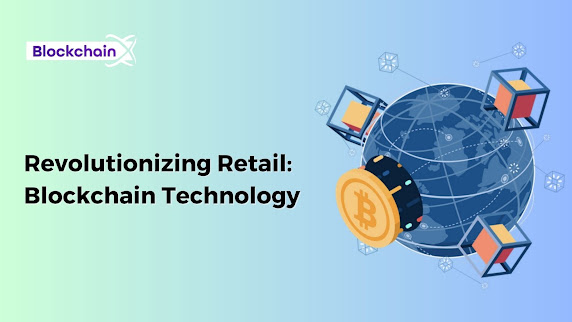WHAT IS AN NFT MARKETPLACE?

NFT marketplaces will continue to gain popularity in 2021, with NFTs growing as a new asset class in the crypto space. The NFT marketplace is a decentralized platform that allows users to create, buy, sell and store non-fungible tokens. NFT marketplaces focus on selling specific assets. For instance, people can purchase and sell tweets on the Valuables NFT marketplace Development . Niche marketplaces are gaining popularity because they have a clearly defined target audience. Therefore, you should think about the type of platform you will launch before creating an NFT marketplace. HOW DOES THE NFT MARKETPLACE WORK? Before diving into how an NFT marketplace is created, it is important to understand how an NFT marketplace works from the client side. Typically, all NFT platforms use a similar workflow: First, the user must register on the platform and set up a digital wallet to store the NFT. Users can then create their assets by uploading elements to showcase their work. The user can also

